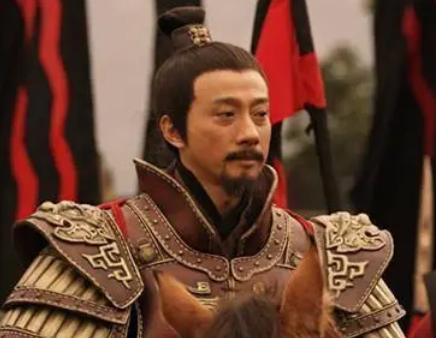Throughout history, numerous great conquerors and rulers have been titled as "founding emperors". However, for Genghis Khan, this appellation is not entirely accurate. As the founder of the Mongol Empire and a dominant ruler on the grasslands, Genghis Khan was not a traditional founding emperor of a specific country. This article aims to explore Genghis Khan's status and the reasons why he is not considered a founding emperor.

Firstly, Genghis Khan's Reign and Conquests: Originally named Temujin, Genghis Khan was the leader of the Mongol tribal alliance who later became the founder of the Mongol Empire. Through a series of military conquests, he unified the various Mongol tribes and expanded outward, establishing a vast empire spanning across Europe and Asia. During his reign, the Mongol Empire's territory extended to most parts of Asia, including northern China, Central Asia, and Eastern Europe today.
Secondly, the Difference between Genghis Khan and a "Founding Emperor": The term "founding emperor" is typically used to refer to the first monarch who establishes a new dynasty or country. Although Genghis Khan founded the Mongol Empire, he did not establish a traditional dynasty or country. Instead, the Mongol Empire resembled an alliance composed of multiple tribes and ethnic groups rather than a singular national entity. Therefore, Genghis Khan does not fit the definition of a "founding emperor".
Thirdly, Genghis Khan's Legacy and Impact: Despite not being a founding emperor, Genghis Khan's influence is undeniable. His conquests altered the course of world history and promoted cultural exchanges between the East and West. Furthermore, his descendants continued to expand the Mongol Empire's territory, with Kublai Khan becoming the founding emperor of the Yuan Dynasty, a branch of the Mongol Empire in China.
In conclusion, Genghis Khan was a great conqueror and leader who established the vast Mongol Empire. However, he was not a traditional founding emperor. His status and influence transcend this title, and his legacy remains significant in world history. Through understanding Genghis Khan, we can gain a deeper appreciation for the complexity of historical figures and events and their impact on both contemporary and subsequent times.
Disclaimer: The above content is sourced from the internet and the copyright belongs to the original author. If there is any infringement of your original copyright, please inform us and we will delete the relevant content as soon as possible.
































